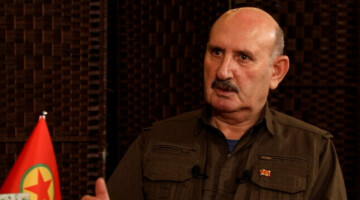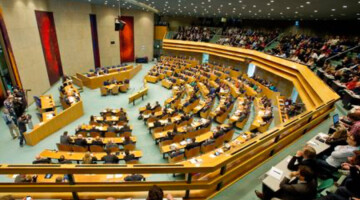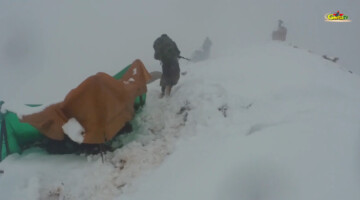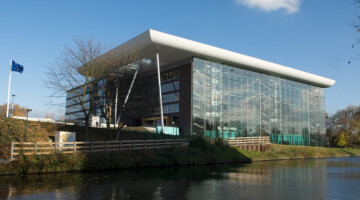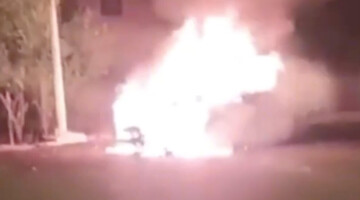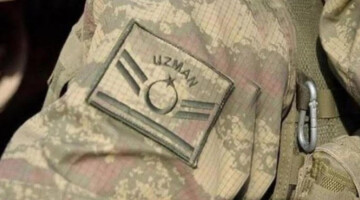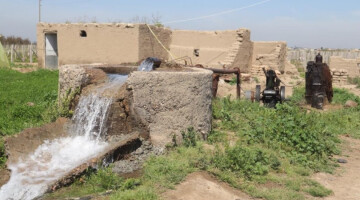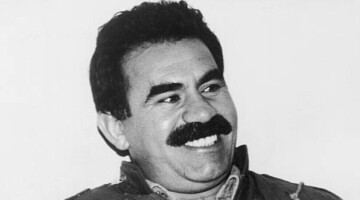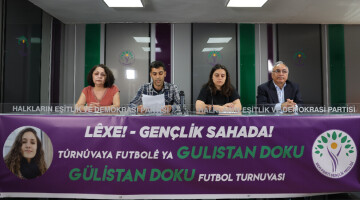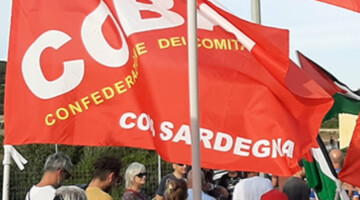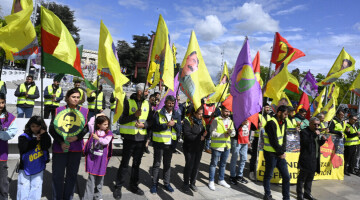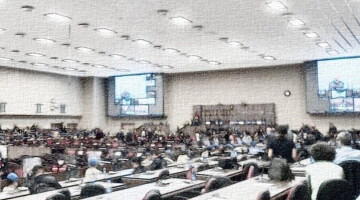The EP Kurdish Conference that started yesterday in Brussels, Belgium continued with the session titled “Lines in the Sand: The Historical Development of the Kurdish Issue and the Sykes-Picot”. Professor of History and Sociology Hamit Bozarslan, Columbia University Institute for the Study of Human Rights Program on Peace-Building and Rights Director David Phillips, University of Sussex International Relations Professor Kamran Matin and Journalist Fehim Taştekin attended the session. Kurds’ century-long issues were presented in the session and it was underlined that the solution was through democratization and Kurds’ right to self determination.
BOZARSLAN SPOKE ON THE SYKES-PICOT
Professor of History and Sociology Hamit Bozarslan took the first word and spoke on the century old Sykes-Picot treaty. Bozarslan stated that it wasn’t a treaty but a set of principles and said, “The effects of the World War I is still visible in the region today.” Bozarslan stated that the West struggled to read the Kurdish strategy between World War I and World War II and that a “inter-state status quo” was implemented following the Treaty of Lausanne.
PHILLIPS: THERE IS A CRIMINAL ADMINISTRATION IN TURKEY
Columbia University Institute for the Study of Human Rights Program on Peace-Building and Rights Director David Phillips stated that the Erdoğan administration should be put on trial for crimes against humanity. Phillips said, “These criminal gangs should be given a red card.” Stating that an inquiry could be launched in the name of UN human rights institutions and an appeal could be made to the International Criminal Court and added: “An international institution should investigate the crimes in Turkey. This could be the Council of Europe.”
Phillips assessed the process that emerged previously in Turkey called the peace process and said: “I said this before, there is neither peace nor a peace process. There was a play.”
Phillips expressed that PKK should be removed from the “terror list” and a peace deal that the international community can monitor should be made and stated the only solution under current conditions as: “The only solution now is the Kurds exercising their right to self determination. There is a criminal administration in Turkey. They are committing war crimes and they should answer for that.”
GENEVA TALKS CAN ONLY ACHIEVE SUCCESS WITH KURDS’ ATTENDANCE
Professor of International Relations from University of Sussex, UK Kamran Matin assessed the Geneva talks on the Syrian crisis. Matin emphasized that the only obstacle in the way of Kurds attending these talks is Turkey and said: “No controversy can be resolved with the exclusion of an important actor in the controversy.” Matin stated that the Geneva talks can only achieve success with the Kurds’ attendance.
TAŞTEKİN: TURKEY’S ISSUE IS WITH THE ROJAVA MODEL
Journalist Fehim Taştekin pointed out that the people’s rightful demands evolved into a bloody process and said: “This bloody process produced two models. One is the bloody model of ISIS, and the other is the Rojava model. Turkey stood with ISIS. Turkey fought against both Kurds and the Syrian regime. Turkey’s ISIS policies were exposed in 4 categories. First, they fought against the regime. It was seen as a revolutionary organization by Turkey. Second, it fought against Rojava and was used by Turkey. ISIS used Turkish borders, militants were dispatched. And these were overlooked, or supported. When Turkey started to be known for supporting ISIS, Ankara joined the international coalition very unwillingly.”
Taştekin also assessed Turkey’s “Euphrates Shield” operation and said the following on the matter: “This initiative is to break down the image of supporting ISIS, preventing the Efrîn and Kobanê corridor, opening a breathing space for groups in Aleppo and creating space for Islamist groups in the region. Turkey is angry at Rojava because it exposes all the problems Turkey can’t get out of. For Turkey, unable to tolerate diversity, finds Rojava provocative. The whole issue is Kurds not putting the status they de facto achieved into law. If Erdoğan hadn’t kicked down the solution table, it would have been different. Unfortunately, Turkey didn’t prefer this role. As a result, Turkey, on the path to taking democracy to the Middle East, lost its path and lost democracy.”

